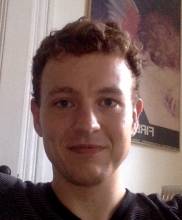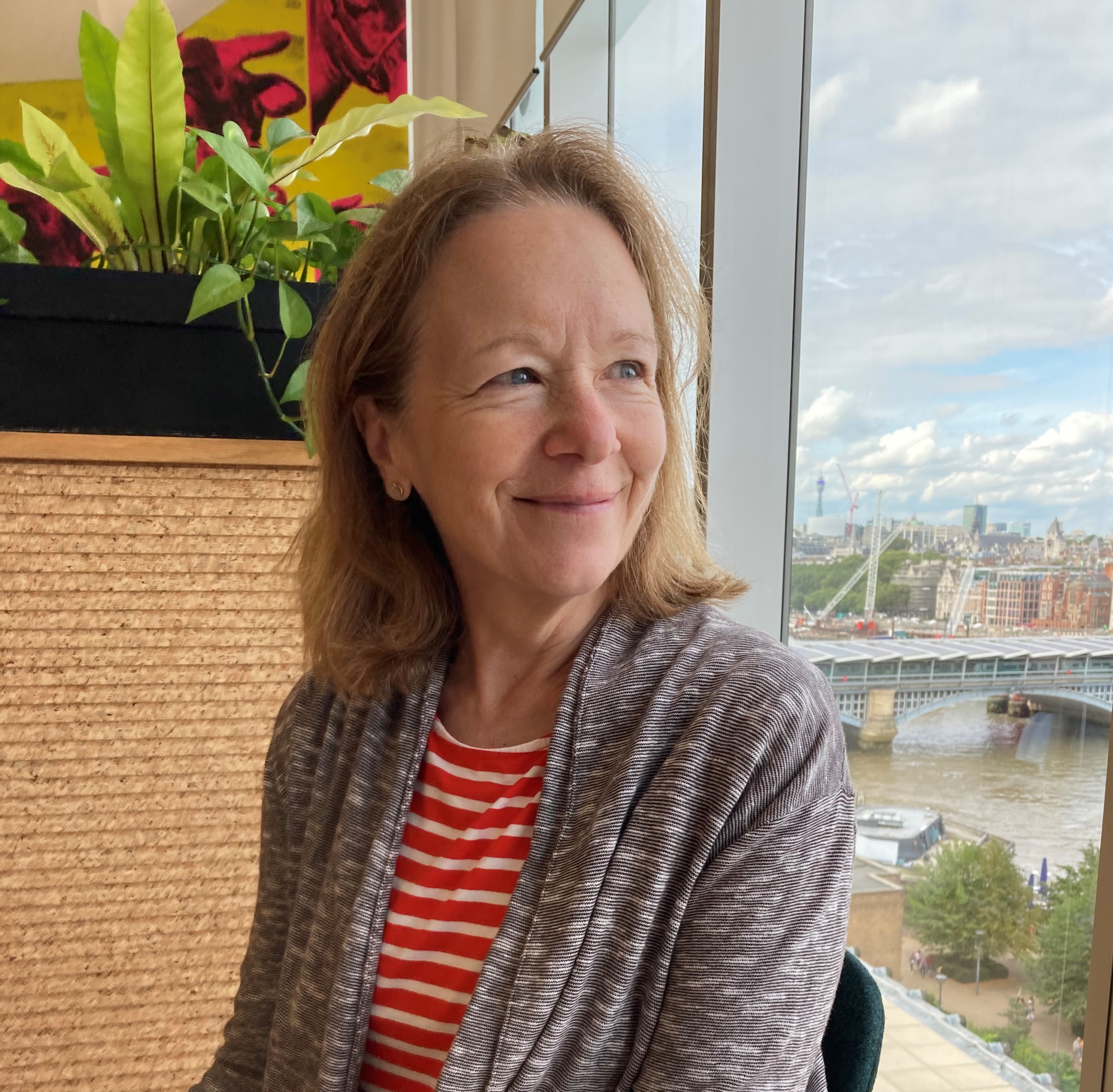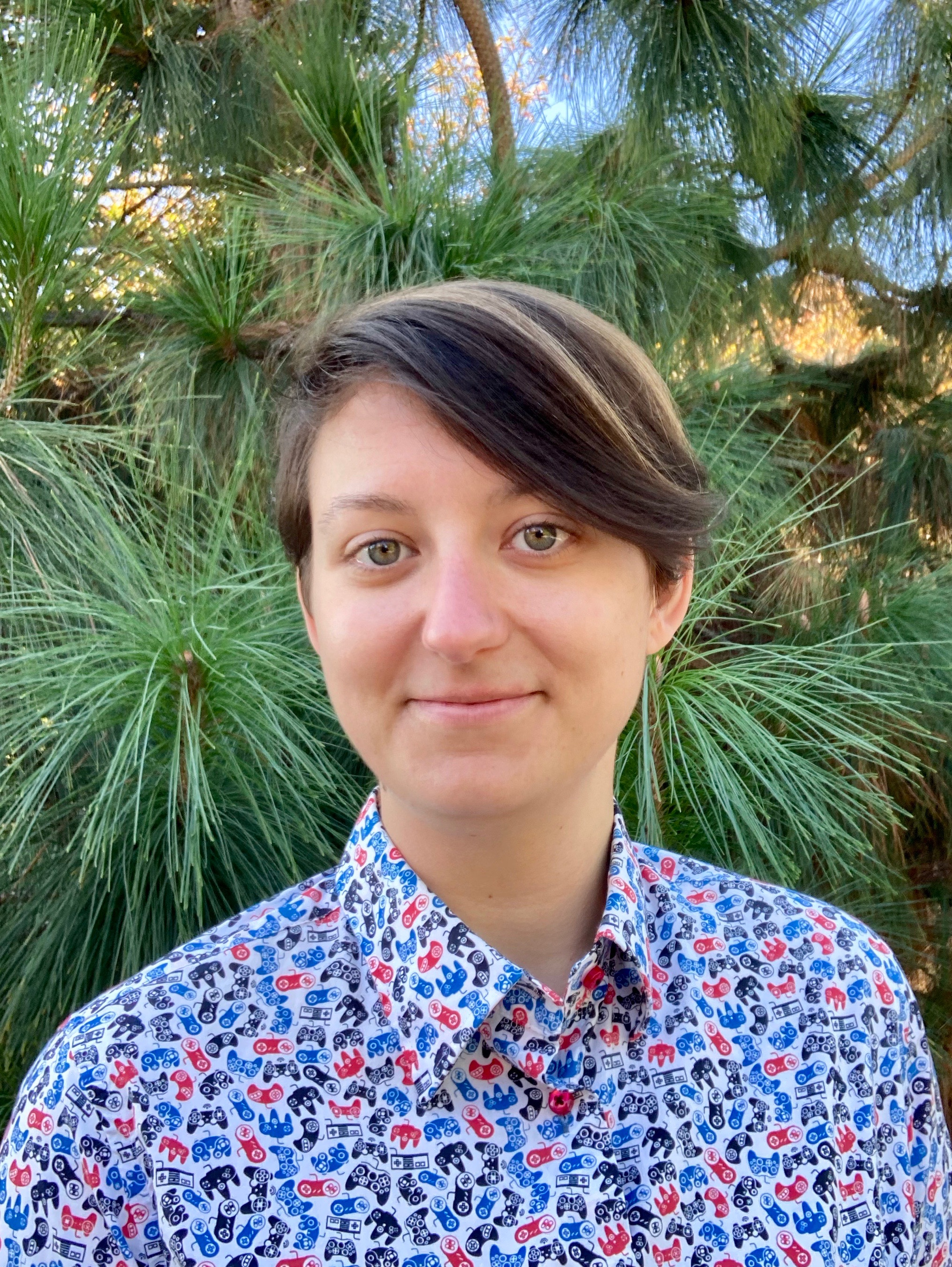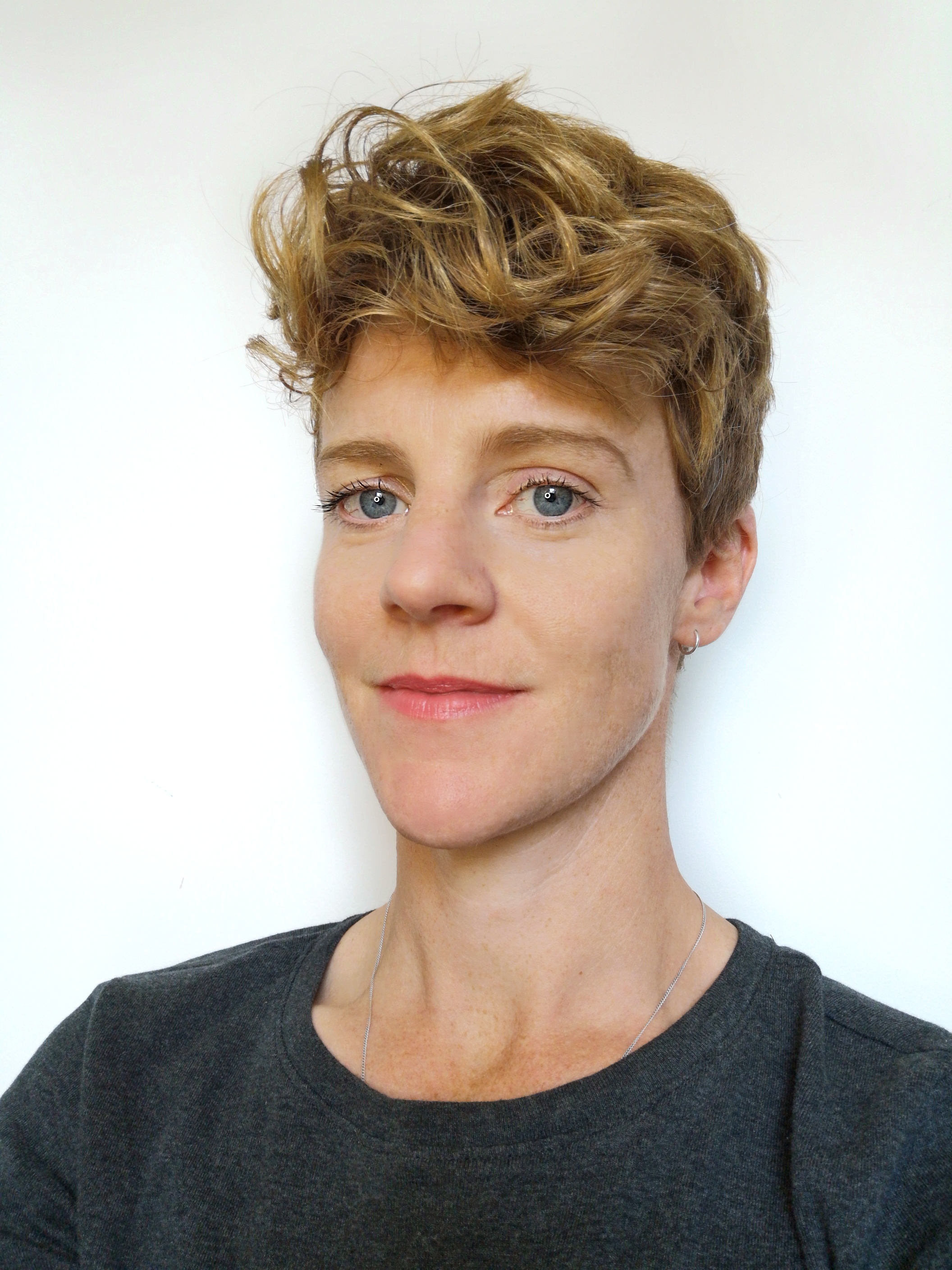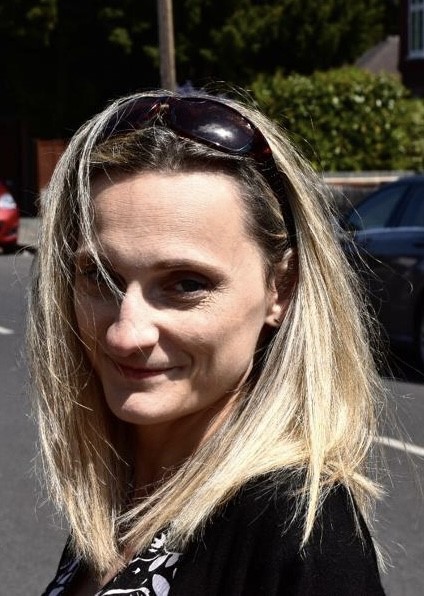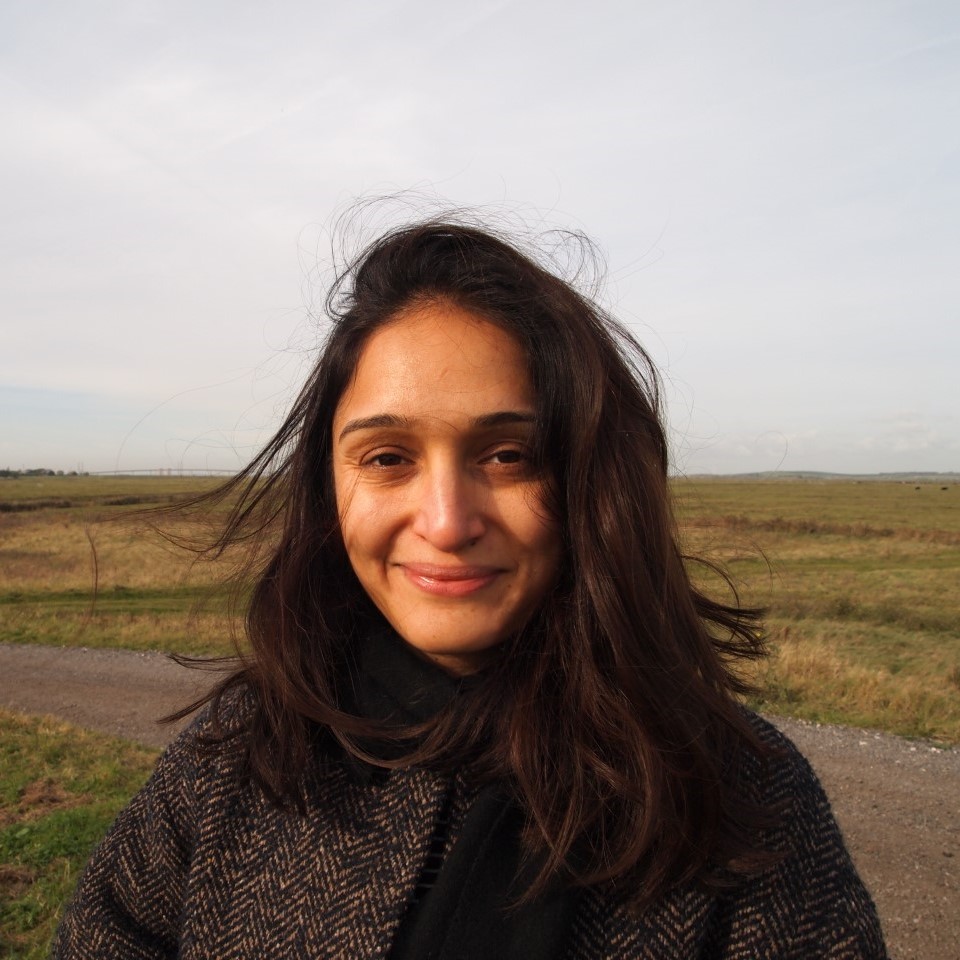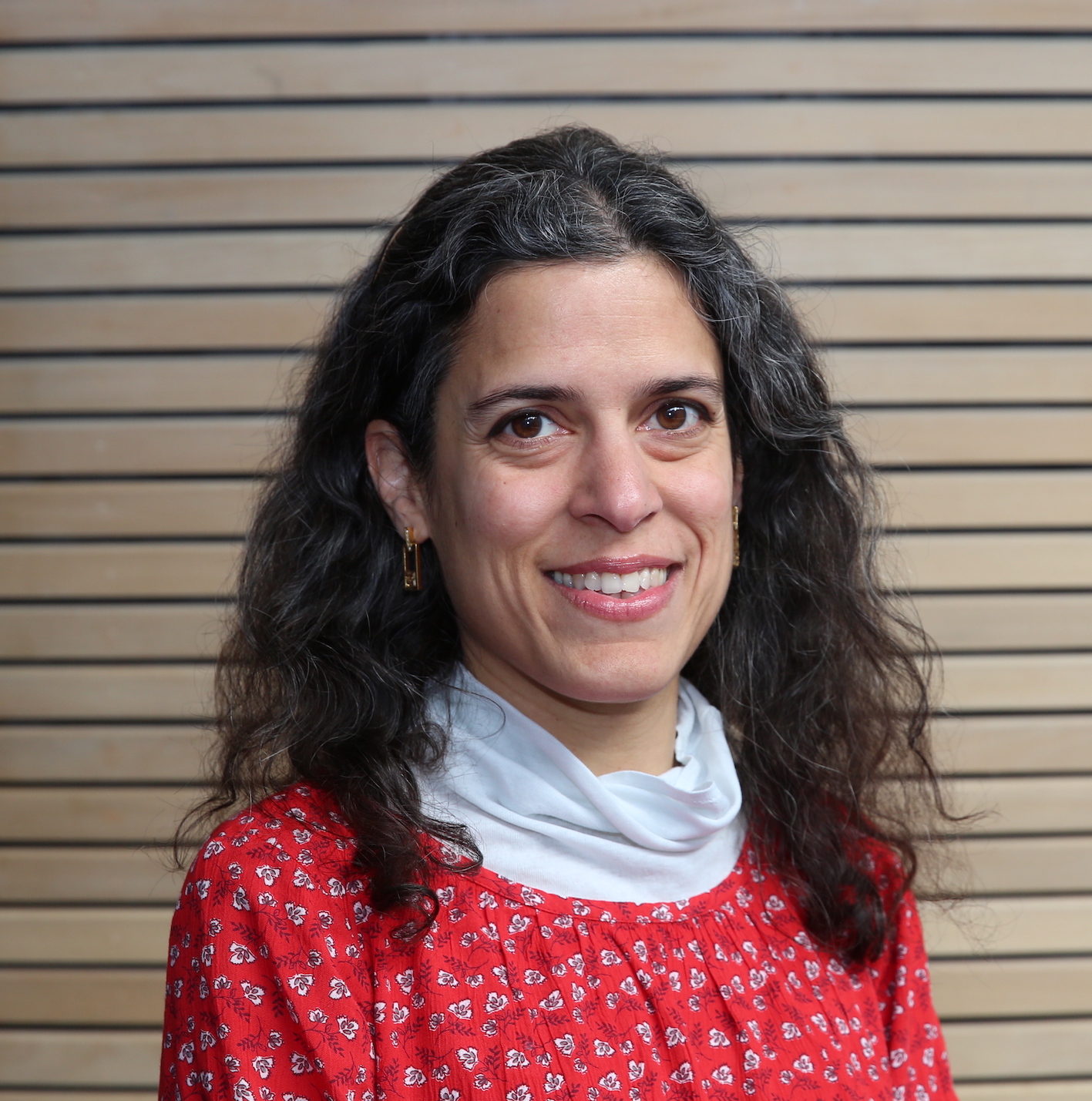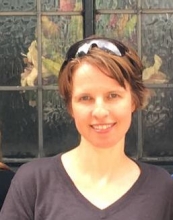Study options
- Starting in
- September 2025
- Location
- Fees
- Home: £12,250
Overseas: £25,500
EU/EEA/Swiss students
What you'll study
This programme will build your digital AI knowledge and skills and provide a solid foundation in AI methods applied to language data.
You will understand how to apply your knowledge to real-world large datasets. You will develop the skills to understand, organise, clean, process, and analyse a range of data types. You will use the software R to develop skills at statistical computing and data visualisation.
You will gain an understanding of how the various linguistic properties of text (word structure, sentence structure, word and sentence meaning, and discourse structure) are important in the computational processing of text, and how current computational models apply to extract information relevant to these properties. You will understand how machine learning systems work in this domain, what their advantages and limitations are both as theories and as tools, and where the field is currently heading.
You will learn advanced concepts and algorithms in computational linguistics underlying contemporary generative AI models, for language. It covers core computational architectures (Hidden Markov Models, Recurrent Neural Networks, Long-Short Term Memory networks, Transformer architectures for LLMs), advanced linguistic concepts (constituency, ambiguity, dependency, semantic roles, affect, anaphora, and discourse cohesion) and how computational approaches, both symbolic and neural, can be applied to these.
You will understand how different computational models are applied to different aspects of language structure and will develop their ability to use these tools to large language data sets
You will get an introduction to computer programming and computational modelling for language as it is applied in various settings.
You will learn how to write basic programmes in Python, understand their use in AI applications, and develop their ability to use these tools with large language data sets.
You will learn the use of Python for data acquisition, cleaning, and analysis, particularly with datasets that relate to the Humanities and Social Sciences. You will learn how to write code in a widely used programming language (Python), understand the role of other languages (e.g. Java), and gain experience in using tools that are suited to solving a range of computational problems in linguistics using machine learning approaches.
The Linguistics Department has strengths in statistical data processing of language, computational and experimental techniques relevant to language analysis, ethical, philosophical and computational theories, and core areas of linguistics (phonology, syntax, sociolinguistics, semantics, discourse).
Additional costs
You might incur travel costs for the Research Practicum module as it may involve visits to other institutions.
Structure
- Five compulsory modules
- 3 elective modules
- Compulsory 10,000 word dissertation
Compulsory/Core modules
Research at postgraduate level places special demands on the developing researcher, for which appropriate training is needed. The two primary goals of this module are to prepare students for the practical challenges of postgraduate research (including the development of a research question/agenda, advanced library research, ethics and practical dimensions of research collection, outlining and writing a dissertation, abstract-writing, oral presentation, and other related skills) and to initiate students into specialised research in their chosen dissertation area. The first part of the module (before reading week) will cover core, generic postgraduate training for all students on the MA, taught through group sessions. The second part of the module (after reading week) will require students to apply this knowledge (as well as knowledge from core modules in Semester 1) to their chosen area of research by pursuing independent reading and research towards their potential dissertation topics (to be completed during the summer term), taught through individual meetings with supervisors.
During this module, students (in coordination with a supervisor) will select a topic for advanced study; collect and analyze data to adequately address the chosen topic; and write a 15,000 word dissertation. Through the dissertation, students will synthesize various aspects of the knowledge they will have obtained through the degree and demonstrate their ability to conduct and present high quality original research.
This module introduces students to advanced concepts and algorithms in computational linguistics underlying contemporary generative AI models, for language. It covers core computational architectures used in Natural Language Processing and in Large Language Models, advanced linguistic concepts (constituency, ambiguity, dependency, semantic roles, affect, anaphora, and discourse cohesion) and how computational approaches, both symbolic and neural, can be applied to these. Throughout the module students will learn to connect linguistics and artificial intelligence techniques, and consider the ethical and research issues that arise.
This module introduces students to the basic linguistic ideas needed for computational processing of text (morphology, syntax, semantics, discourse cohesion) and to how their properties can be understood computationally. With this in hand, it then introduces computational methods for text processing, for example, symbolic parsing models, basic text processing, probabilistic models, vector semantics, and deep learning architectures as well as applications in text classification, sentiment analysis, word prediction and text generation. It considers some of the ethical, environmental and research issues raised and includes discussion of the range of career routes that students' learning is relevant to.
This module provides students with an introduction to computer programming and computational modelling for language as it is applied in various settings. Language processing software and AI now underpin most professions, and an understanding of how they work¿whether one is in a technical or adjacent role¿is useful for employability and success. The module focuses on the use of programming for data acquisition, cleaning, and analysis, particularly with datasets that relate to the Humanities and Social Sciences. Students will learn how to write code in a widely used programming language (e.g. Python), understand the role of other languages (e.g. Java), and gain experience in using tools that are suited to solving a range of computational problems in linguistics using machine learning approaches. Throughout the module students will develop their practical programming experience and complete formative problem sets to reinforce the new material. The module is suitable for MA students without any prior experience in computer programming or machine learning.
This module provides students with an introduction to handling large datasets with confidence. Most careers now require a high level of comfort with complex data of different kinds, as well as the ability to both query existing data or creating datasets. The module will focus on a range of types of data, and then encourage students to develop the skills to understand, organise, clean, process, and analyse a range of data types. Students will use statistical analysis software to develop skills at statistical computing and data visualisation. Throughout the module students will develop their practical experience and complete formative assignments to reinforce skills. The module is suitable for PGT students without any prior experience with software for data processing and statistical analysis. Prior experience with programming is welcome but not required.
Elective modules
Current generative theory has developed a model of the interaction between structure, morphological form, and meaning which takes the syntax to provide the central system with which morphophonology and semantics interface. This idea has been mainly developed in primary technical literature by Chomsky, Marantz, Borer, Kayne, Cinque, Ramchand, Adger and others. The module systematically develops an understanding of what this architecture for language implies for analyses of crucial phenomena: clause and nominal structure, predication, syntactic dependencies, language variation, through a critical exploration of the relevant literature. It also develops students' skills of syntactic argumentation, and the presentation of these arguments to professional audiences.
Students taking this module will work closely with a member of staff on a research project that is connected to the staff member's own research objectives and is related to the intended specialization of the student. Students will receive individualized training in the skills necessary to engage in this research, and regular supervision as they complete their project. Possible research projects include organizing and analyzing an existing data set with a view to publication of the results, designing materials for a future experiment, conducting critical literature reviews preparatory to the launch of a new line of research, collecting data from research participants, formulating new research protocols and research methods, synthesizing existing research results for presentation to non-academic audiences, etc. The skills and experience gained through this practicum will substantially enhance the preparedness of the student to pursue their own research goals.
Each week, students in this module will read one paper by a member of staff (along with, optionally, a related text in that subfield) and prepare questions about the research described in those papers. The member of staff will attend that week's class meeting, and engage in discussion of their research goals, results and methods with students. Students will be expected to participate in developing further research questions and novel methodological solutions pertinent to the sub-discipline being focused on in a given week. Students will gain an appreciation for the full range of research topics and methods that staff are expert in, and have a unique opportunity to engage in high level, in-depth discussions of world renowned, cutting edge research with the researchers who have done this research. Students will write several short 500 word response papers and will develop one of these into a longer piece of work.
This module provides students with introductory training in theoretical and practical elements of experimental linguistics. The module will include hands-on training in statistics and hypothesis testing, experimental design, data collection (including training in ethical human subjects research protocols), and data analysis. The module will also engage students in considering strengths and limitations of various kinds of linguistics data, and how multiple sources of data and methods of data collection can be combined to enhance understanding. Students will develop their critical reading skills and gain practice in presenting primary source literature to their peers. The module is suitable for MA students without substantial prior background in Linguistics, or for those who want to branch out into a new sub-field.
This module introduces students to the many uses of Linguistics in real-world situations and professions. Although Linguistics is a small and specialised field, it is a crucial element in very diverse professions. The module will integrate talks given by representatives from a range of professions, with readings and assessments about how to apply linguistics in those professions. Examples of professional uses of Linguistics include: speech and language therapy for children and adults with communication disorders, forensic linguistics in criminal investigations and courtrooms, dialect coaching for film and theatre, uses of syntax, semantics, and computational linguistics in IT and search engines such as Google, pronunciation in the media, communication in medicine, policing, and other institutional contexts, and language awareness in school teaching, journalism, and public services. The module offers students a unique opportunity to gain direct exposure to professionals from a range of careers, and to learn how to apply their technical knowledge to real-world problems.
Empirical results in a broad range of languages have now made the understanding of the basic building blocks of syntactic theory fundamental to any advanced work in linguistics, not only in syntax and semantics, but within any area of linguistics. This module will familiarize students with the basic elements of syntactic construction, serving at the same time as an introduction for students with less background, and as a critical overview, for those more advanced. Emphasis will be put on the development of argumentation skills and the ability to undertake independent analysis of linguistic data, as well as on the development of critical thinking in evaluating competing approaches to the same paradigms.
This module trains students in the craft of doing formal semantics. It introduces Frege's hypothesis that functional application is the mechanism by which the meaning of a complex phrase is composed from the meanings of its constituent parts. It applies this method to the analysis of a variety of core semantic phenomena, including argument structure, adjectival modification, definite descriptions, relative clauses, binding and quantification. These phenomena are all extensional, meaning that insightful analyses of them can be developed without recourse to theories of possible worlds, situations, or temporal intervals. Emphasis throughout is on training students to be able to produce explicit detailed analyses of novel data.
Assessment
- 67% Modules
- 33% Dissertation
You will be assessed by a wide variety of methods, including poster presentations, technical exercises, critiques of theoretical and methodological proposals in the literature, research and lab reports, essays and extended written analyses.
Dissertation
You will also be assessed on a supervised 10,000-word dissertation.
Teaching
You will be taught in lectures and small group seminars. The seminars are designed to generate discussion and may involve presentations, group exercises, fieldwork, data analysis and lab work.
You'll also need to spend a significant amount of time in independent learning and research, especially as coursework deadlines approach.
We want you to get the best from your studies, so you'll be paired with your own Academic Adviser, who'll support you academically and pastorally.
All teaching staff will hold regular drop-in hours in which you have the opportunity to discuss your work and support with progress.
Where you'll learn
Facilities
- Our new Graduate Centre: purpose-built study spaces and a roof-top common room with a terrace
- We have recently opened up world-class facilities in the Phonetics Lab, Acquisition Lab and The Morphemes and Meaning Lab – these facilities are available for your research
- Access to Queen Mary's comprehensive libraries, including the Postgraduate Reading Room
- Access to the superb collections at Senate House Library, University of London
Campus
Our location in the heart of London’s East End offers an exciting, incredibly rich and diverse cultural environment for linguistics research – more than 110 languages are spoken in our local borough.
As Queen Mary is on the Central Line, you are also only minutes away from many of the University of London’s other libraries, such as those of the British Film Institute, the Warburg and Courtauld Institutes or the social sciences library at the LSE, which will provide additional breadth to your studies. The incomparable resources of the British Library are close at hand, while London's cultural resources add richness to research in our specialist fields.
About the School
School of the Arts
The School of the Arts combines innovation, discovery and excellence in education and research in Drama, Film, Modern Languages, English & Comparative Literature, Creative Writing, Linguistics and Liberal Arts. We rank in the top 100 worldwide for Arts and Humanities (QS World University Rankings by Subject 2024)
With our commitment to social justice, inclusivity and social mobility, our collaborations with external organisations, prominent writers and performers, and our facilities that support both academic and practice-based learning, an education in the School of the Arts equips our students with critical thinking and practical skills, unleashes their imagination and enables them to reach the levels of excellence needed in today’s industries.
We regularly host prominent writers and performers and collaborate with leading organisations such as the V&A, the Barbican, the Live Art Development Agency and Shakespeare’s Globe.
We are renowned for the depth and impact of research - which leads our teaching. We rank 1st for drama and in the top 10 for film in the UK for the quality of our research (REF2021). Our multilingual community brings together brilliant minds from across the world to share a wealth of expertise combining research excellence with an unrivalled commitment to social justice and social mobility.
Career paths
You'll be able to attend our training workshops throughout the year, which will provide specialist linguistics training, as well as guidance on how to write journal articles, research ethics and knowledge transfer in general.
We also offer advising on funding and applications for MA students considering pursuing a PhD in Linguistics.
We also provide you with a superb professional network: our MA cohort form close links during and after their degree – and even after graduation, you'll still be invited to our events and networking opportunities.
Graduates will go on to careers in technology industries, marketing, brand consulting, speech therapy, forensic linguistics, banking, journalism - where AI is a required skill.
Fees and funding
Full-time study
September 2025 | 1 year
- Home: £12,250
- Overseas: £25,500
EU/EEA/Swiss students
Unconditional deposit
Home: Not applicable
Overseas: £2000
Information about deposits
Queen Mary alumni can get a £1000, 10% or 20% discount on their fees depending on the programme of study. Find out more about the Alumni Loyalty Award
Funding
There are a number of ways you can fund your postgraduate degree.
- Scholarships and bursaries
- Postgraduate loans (UK students)
- Country-specific scholarships for international students
Our Advice and Counselling service offers specialist support on financial issues, which you can access as soon as you apply for a place at Queen Mary. Before you apply, you can access our funding guides and advice on managing your money:
Entry requirements
UK
Degree requirements
A 2:1 or above at undergraduate level in any subject
Find out more about how to apply for our postgraduate taught courses.
International
English language requirements
The English language requirements for our programmes are indicated by English bands, and therefore the specific test and score acceptable is based on the band assigned to the academic department within which your chosen course of study is administered. Note that for some academic departments there are programmes with non-standard English language requirements.
The English Language requirements for entry to postgraduate taught and research programmes in the School of the Arts fall within the following English band:
Band 5: IELTS (Academic) minimum score 7.0 overall with 6.0 in each of Writing, Listening, Reading and Speaking
We accept a range of English tests and qualifications categorised in our English bands for you to demonstrate your level of English Language proficiency. See all accepted English tests that we deem equivalent to these IELTS scores.
Visas and immigration
Find out how to apply for a student visa.

